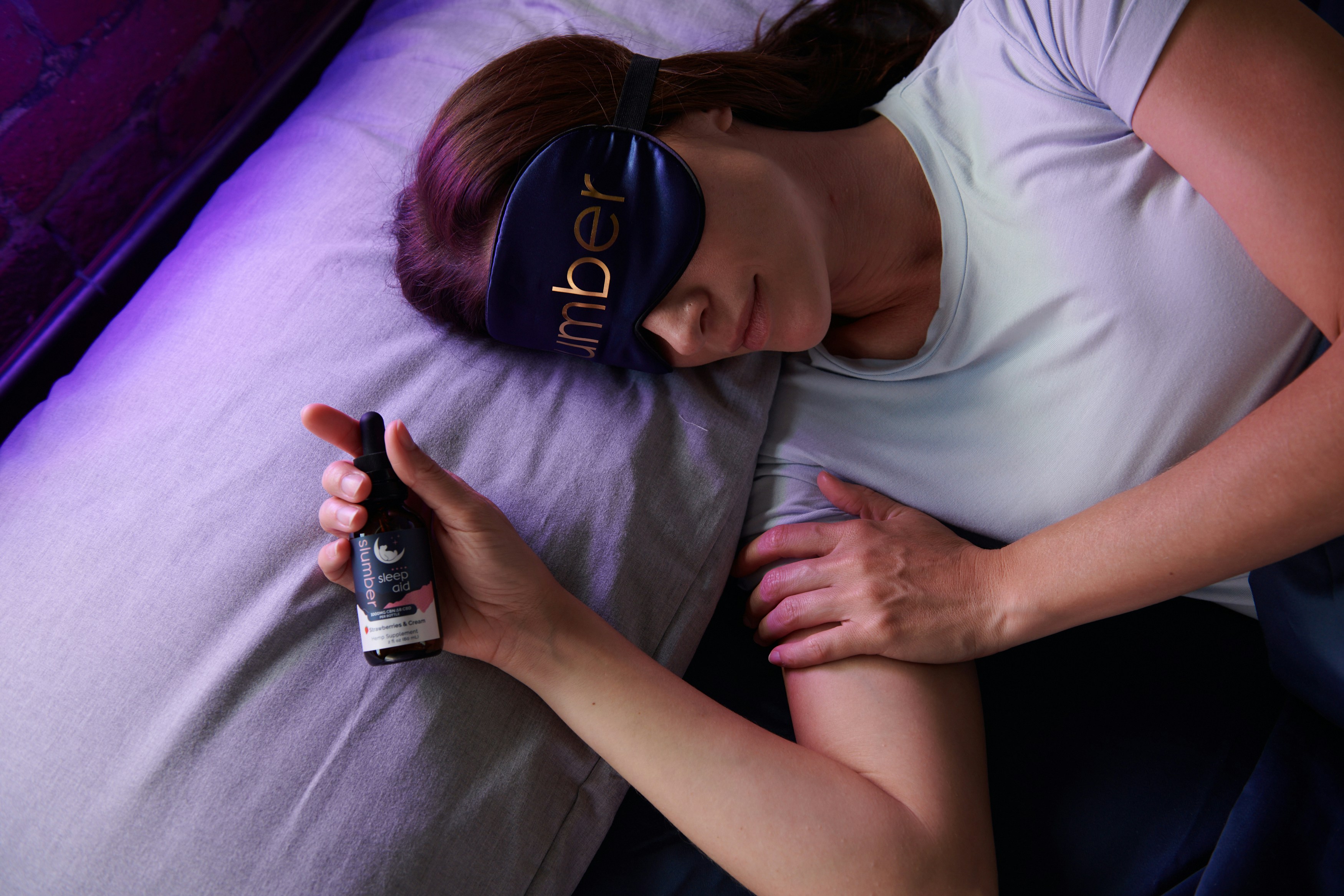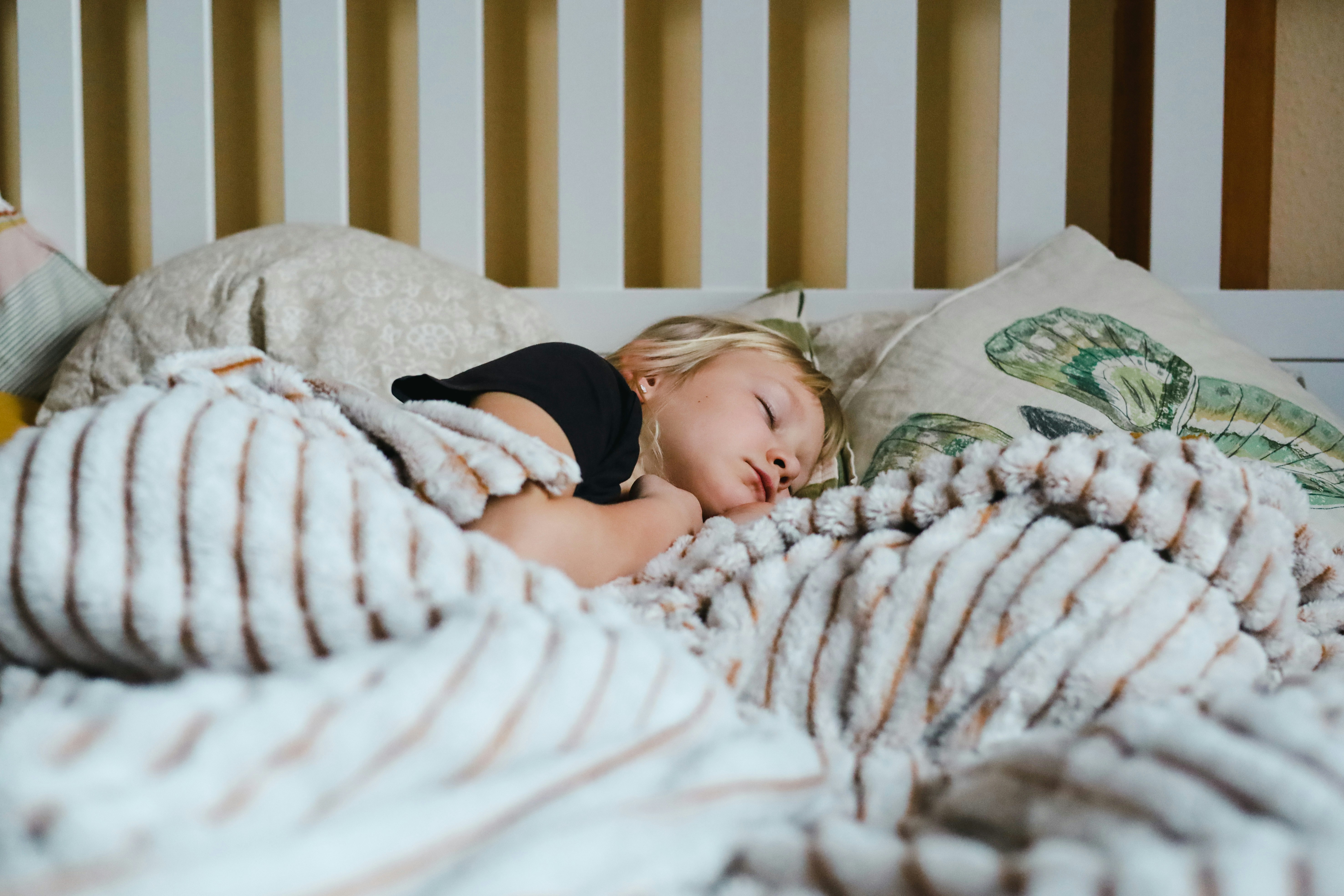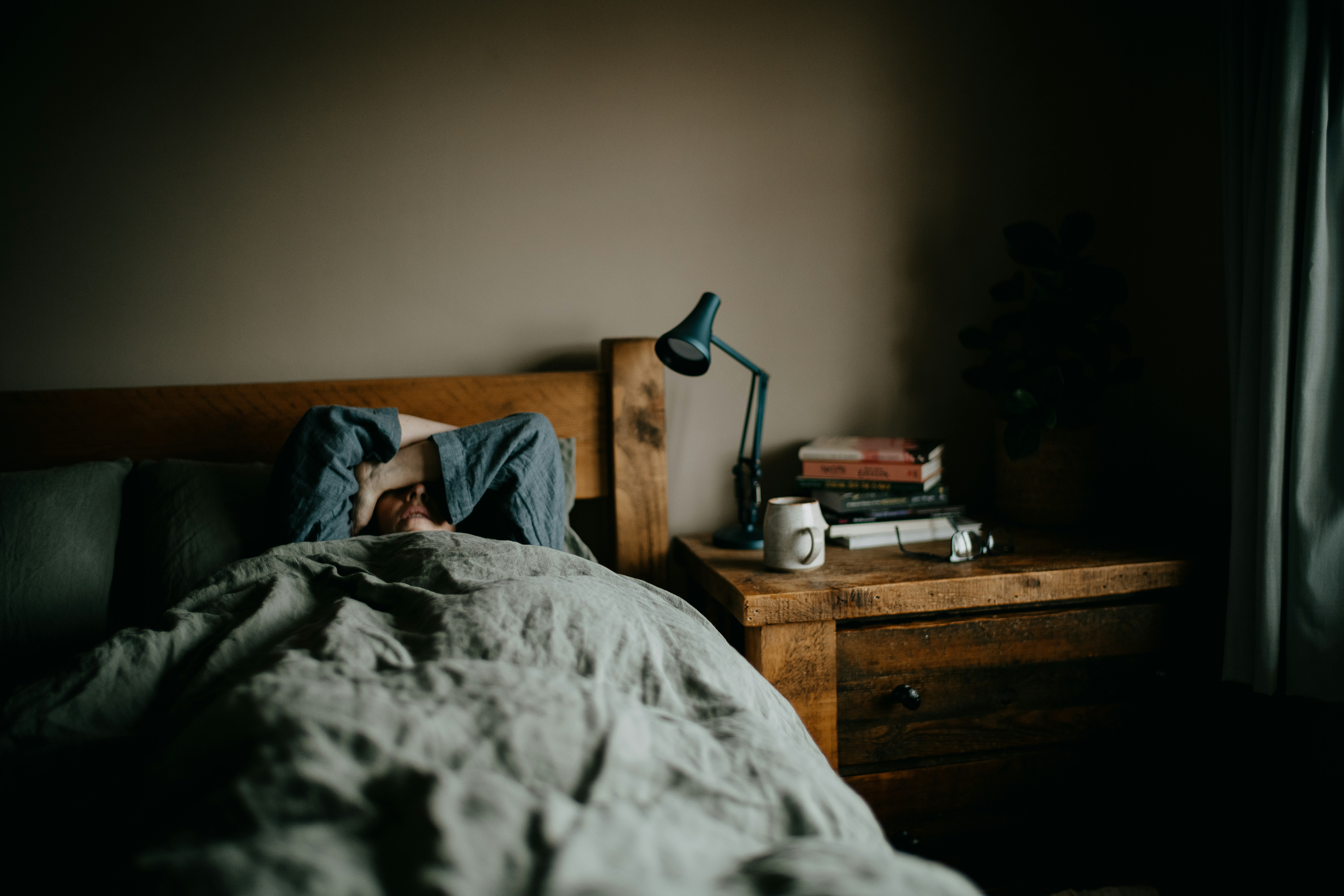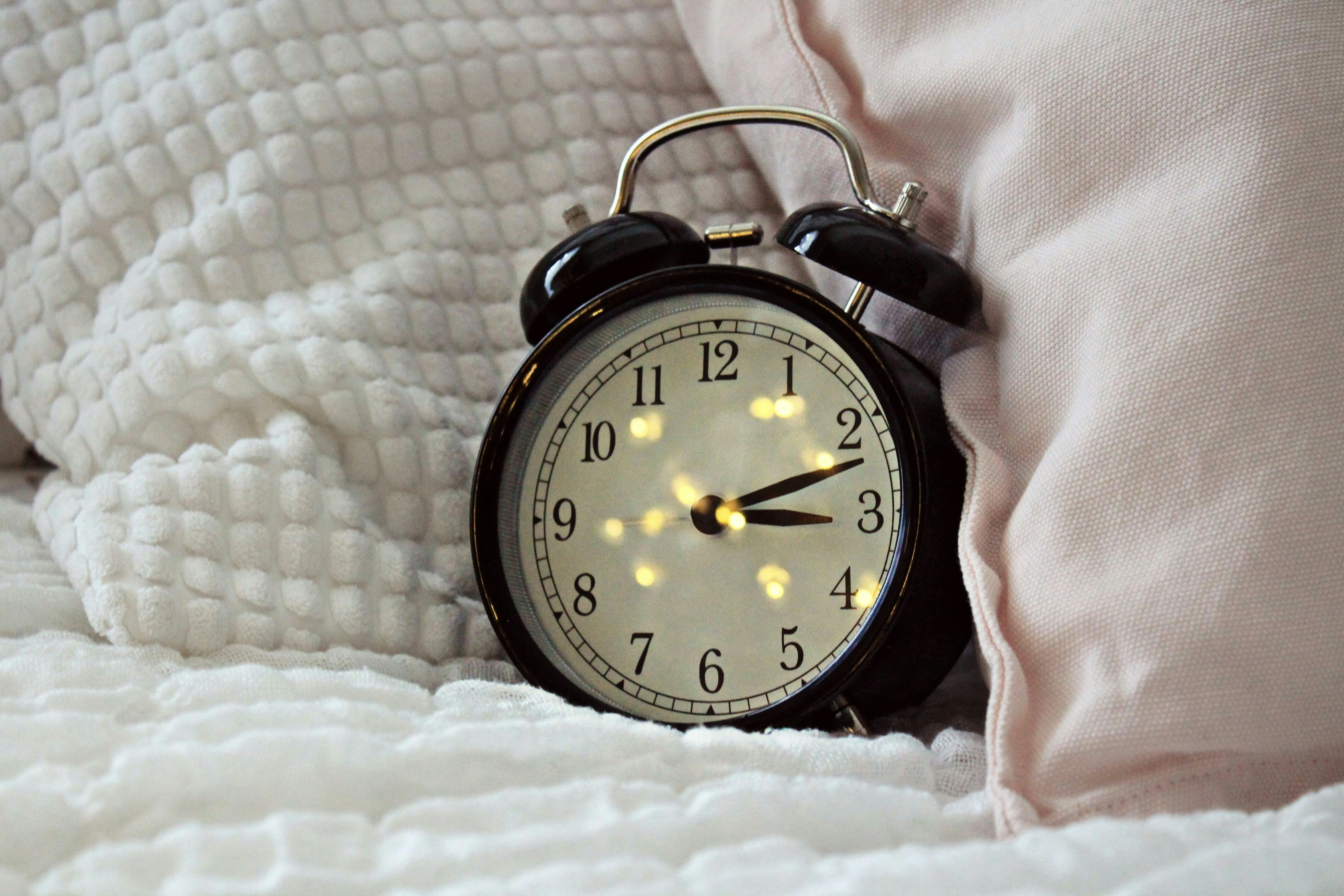How Sleep Affects Your Immune System: The Sleep-Health Connection 🛌🦠

Introduction
You know how they say, “Get your beauty sleep”? Well, they should really be saying, “Get your immune-boosting sleep.” Why? Because when you get enough sleep, your body doesn’t just recharge your energy—it also ramps up your immune system. And let’s be honest, we could all use a little extra protection these days.
In this blog post, we’ll explore how sleep impacts your immune system, how lack of sleep can leave you vulnerable to illness, and what you can do to ensure your sleep is helping keep you healthy. Spoiler alert: it’s not just about getting rest—it’s about getting quality rest.
1. Sleep and Your Immune System: A Match Made in Heaven
Your immune system is like your body’s personal security guard, constantly on the lookout for invaders like viruses and bacteria. And sleep? Well, it’s the secret weapon that helps keep that security guard sharp and ready for action.
🛏️ How Sleep Boosts Your Immune Response
When you sleep, your body gets a chance to restore and rejuvenate all of its systems, including your immune system. During deep sleep, your body releases cytokines, which are proteins that help fight off infection and inflammation. This process is essential for maintaining a strong immune defense.
The science : Studies have shown that getting quality sleep increases the production of antibodies and enhances the effectiveness of your immune cells, such as T-cells and natural killer cells. These cells are critical in fighting off infections.
😴 The Timing Matters
It's not just the amount of sleep that counts—it’s also when you sleep. Sleep cycles, including deep sleep and REM sleep, play crucial roles in boosting immunity. A full night of quality sleep ensures that your immune system gets the rest it needs to perform its best.
The science : Research indicates that sleep deprivation can hinder the production of antibodies and other immune factors, making it harder for your body to defend itself against diseases.
2. The Dangers of Sleep Deprivation: Immune System Sabotage
Okay, we get it—sleep is important. But what happens if you don’t get enough of it? Spoiler alert: your immune system takes a hit.
😵 How Lack of Sleep Weakens Your Immune Defenses
When you don’t sleep enough, your body’s immune response weakens. The production of cytokines and immune cells drops, leaving your body less prepared to fight off infections. This is why when you’re sleep-deprived, you’re more likely to catch a cold, get the flu, or suffer from other infections.
The science : A study conducted by the University of California found that people who sleep less than 7 hours a night are nearly three times more likely to catch a cold than those who get a full 8 hours of sleep. Talk about a wake-up call!
🛑 Chronic Sleep Deprivation and Long-Term Health Risks
If you regularly skimp on sleep, your immune system will become chronically underactive, increasing your susceptibility to infections and illnesses. Chronic sleep deprivation is also linked to more serious conditions like heart disease, diabetes, and even cancer.
The science : Long-term sleep deprivation leads to elevated levels of cortisol (the stress hormone), which suppresses immune function over time. Plus, lack of sleep can increase inflammation, which is a precursor to many chronic diseases.
3. Sleep and Inflammation: A Vital Connection
Your immune system is all about balancing inflammation—too little, and it doesn’t fight infections effectively; too much, and your body can end up attacking itself. Guess what? Sleep plays a major role in this delicate balance.
🔥 How Sleep Reduces Inflammation
When you get enough sleep, your body is able to manage inflammation better. Sleep helps regulate the production of pro-inflammatory cytokines, which are responsible for causing the body’s inflammatory response. Without proper sleep, your body can enter a state of chronic inflammation, making you more vulnerable to conditions like arthritis, asthma, and even cardiovascular disease.
The science : Research has shown that sleep deprivation can increase the production of inflammatory markers in the body, leading to heightened inflammation and weakened immune function.
😴 Sleep’s Role in Autoimmune Disorders
Sleep also plays a role in regulating autoimmune disorders, where the immune system mistakenly attacks the body’s healthy cells. Adequate sleep helps modulate the immune system, preventing overactive responses that can lead to conditions like lupus, rheumatoid arthritis, and multiple sclerosis.
The science : Getting enough sleep helps maintain immune balance, preventing the overproduction of inflammatory markers and reducing the risk of autoimmune flare-ups.
4. Sleep and Vaccination: A Boost for Your Shots
Did you know that sleep can actually make your vaccinations more effective? Yep, that’s right—sleeping well after getting a shot might just help you build better immunity.
💉 How Sleep Enhances Vaccine Effectiveness
Sleep doesn’t just help your immune system in general—it can also improve your body’s response to vaccinations. Studies have shown that people who get adequate sleep before and after receiving a vaccine tend to produce a stronger immune response, resulting in better protection against diseases.
The science : A study published in the Sleep journal found that people who slept 7-9 hours after receiving the flu vaccine had a better immune response and were more protected from the flu than those who slept less. So, your best defense against the flu? A good night’s sleep and a flu shot!
5. Tips for Better Sleep and a Stronger Immune System
Now that you know how important sleep is for your immune health, let’s talk about how to ensure you’re getting the quality sleep you need to stay healthy.
🕒 Stick to a Consistent Sleep Schedule
One of the best things you can do for your immune system is to stick to a regular sleep schedule. Going to bed and waking up at the same time every day helps regulate your circadian rhythm, ensuring you get enough restorative sleep.
🛏️ Create a Sleep-Friendly Environment
Make your bedroom a sanctuary for sleep. Keep it cool, dark, and quiet, and make sure your mattress and pillows are comfortable. Your body needs a peaceful environment to sleep deeply and recharge its immune system.
🚫 Avoid Stimulants Before Bed
Caffeine, nicotine, and other stimulants can interfere with your ability to fall asleep. Try to avoid these for at least 4-6 hours before bedtime to ensure that you get the restful sleep your immune system needs.
🧘♀️ Manage Stress
Since stress is a major disruptor of sleep, it’s important to practice relaxation techniques like deep breathing, meditation, or yoga to calm your mind before bed.
🥦 Eat Immune-Boosting Foods
What you eat also affects your immune system, so try to include foods rich in vitamins and minerals like Vitamin C, Zinc, and antioxidants. Eating a balanced diet can give your body the nutrients it needs to function at its best.
6. Conclusion: Sleep is Your Immune System’s Best Friend
When it comes to keeping your immune system strong, sleep is your secret weapon. Adequate rest boosts your body’s ability to fight off infections, reduces inflammation, and enhances your response to vaccines. Without enough sleep, your immune system becomes weak and vulnerable, making it easier for illness to sneak in.
So, the next time you feel like skipping sleep, remember this: a good night’s rest is one of the most important things you can do to stay healthy. Prioritize sleep, and your immune system will thank you by keeping you strong and resilient.
“Sleep is the best meditation.” — Dalai Lama




